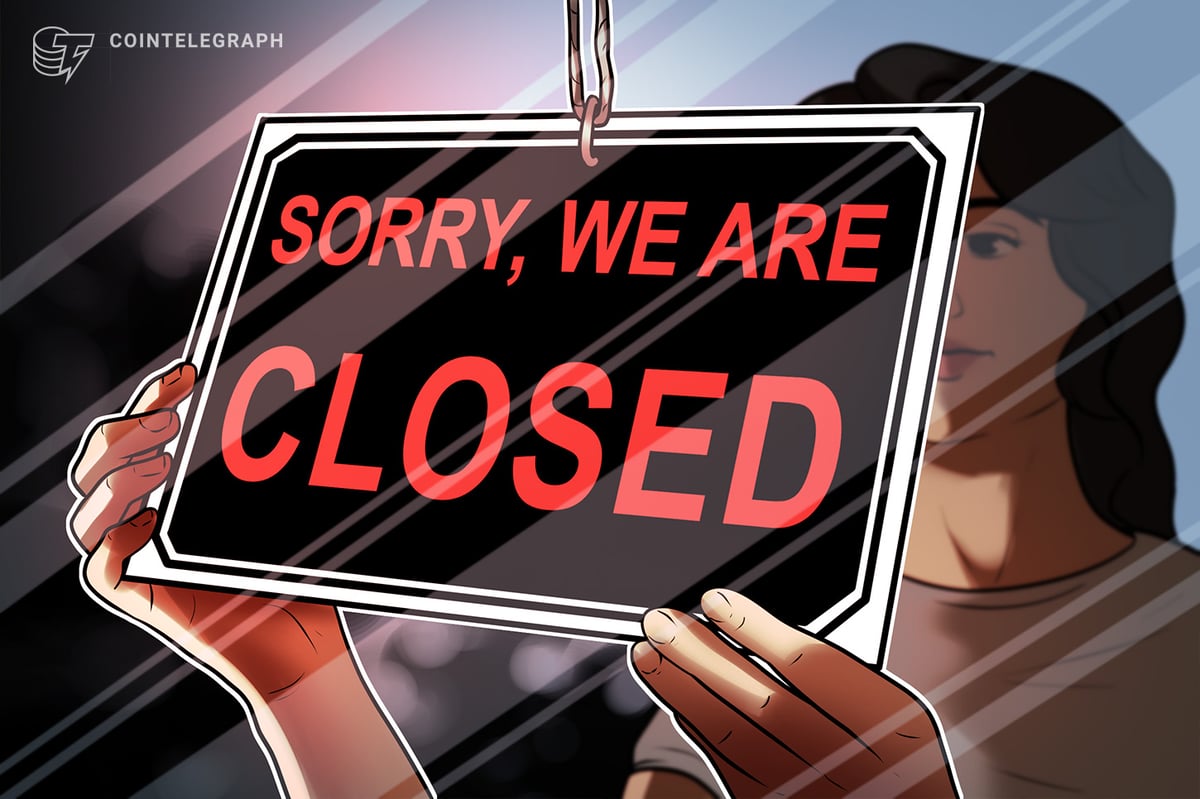
More than 100 senior business leaders gathered in London this week, as B Lab UK – the organization behind B Corp certification – celebrated ten years of the UK B Corp movement with a high-profile breakfast summit.
The event, Take 10: The Future of Better Business, revealed the findings of B Lab UK’s first 10-year impact report, which shows that B Corps consistently outperform other UK businesses in terms of growth, investment, resilience and employee impact. The findings also highlight the wider social and environmental value created by certified companies.
Investor and entrepreneur Deborah Meaden, who has backed six B-teams to date, delivered the keynote. She described B Corp certification as a “shortcut” for identifying credible, values-driven companies.
“When someone says they belong to a B Corporation, or even go through that process, I understand they really mean it,” she said. “It’s not easy, and the framework gives businesses structure and purpose. If you measure your business solely based on profit, you’re missing the point.”
Maiden added that intention has become a crucial factor in modern business: “Gone are the days when people left what they cared about at the door. Businesses can achieve good results and do good – and ten years ago, that was a bold idea. Now it is a movement that creates real change.”
Speakers also include Chris Turner, CEO of B Lab UK; Charlie Bigham, founder of Charlie Bigham; Tessa Clark, Co-Founder and CEO of Olio; Mahira Kaleem, founder of Spruce; and Deputy Mayor of London for Environment and Energy, Mette Cuban.
The UK is now home to the world’s largest B Corp community, with over 2,600 certified companies – including Octopus Energy, giffgaff, COOK and ELEMIS. Collectively, these companies employ more than 200,000 people across 120 sectors, generating combined annual sales of £38 billion.
The growth figures confirm the strength of the movement. Between 2024 and 2025, turnover among UK SMEs will rise by 20% – almost seven times higher than the 3% growth recorded across all UK SMEs. Over the same period, headcount in SME B Corps rose 11%, compared to 2% across SMEs nationally.
This trend continues the pattern of strong outperformance observed between 2023 and 2024, when SME B Corps recorded turnover growth of 23% versus the UK SME average of 17%.
Investor interest also appears to be higher among certified companies. Over the past decade, UK B Corps have secured an average of £1.5m in external funding – 18% more than other UK companies.
Chris Turner, CEO of B Lab UK, said the movement’s first decade is only the beginning.
“Our goal is much more ambitious than increased impact — it’s about redefining the role of business in society. B Corps recognize that people and planet should never come at the expense of profit.”
He added that the movement is fundamentally “rooted in humanity,” and enables companies to make decisions with long-term outcomes in mind.
Deputy Mayor of London, Mette Cobban, highlighted the capital’s commitment to responsible growth: “With more than 1,000 B Corps now stationed here, London is proving that green policies and economic growth can go hand in hand. As the world changes, we must protect progress on climate, equality and justice, while creating new opportunities for Londoners.”
The anniversary comes before major changes are made to the B Corp framework. The new B Lab standards – developed over four years through two public consultations – will go into effect in early 2026.
The updated standards will introduce mandatory third-party verification and require all B-Teams to meet minimum expectations across areas including climate action, human rights, governance and collective action. The reforms aim to strengthen accountability and improve transparency for both companies and consumers.
The post UK B Corps mark 10-year milestone as impact report shows major growth gains first appeared on Investorempires.com.



